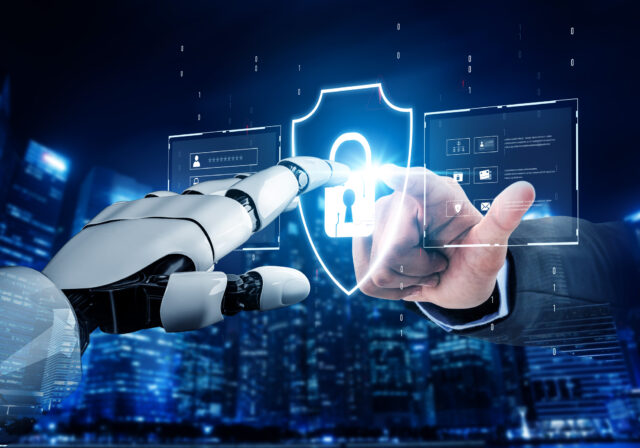AI moves from optional to essential in cybersecurity, according to new findings

A new report from Abnormal AI shows cybersecurity leaders and frontline analysts agree that artificial intelligence is now central to the future of the security operations center (SOC).
The report, titled Human-Centered AI: Redefining the Modern SOC, is based on a survey of nearly 500 professionals across the United States and United Kingdom and reveals that every respondent sees AI as the top business priority for the SOC.
Unlike past conversations where AI was framed as a potential threat to human jobs, this new report suggests a major shift in sentiment.
Security professionals no longer see AI as a replacement, but rather as an essential partner that strengthens the work of humans.
Among the report's findings, 96 percent of security leaders say they have no intention of reducing headcount because of AI adoption. Instead, they’re reallocating their teams toward higher-value roles like threat hunting and proactive security work.
The report also finds that frontline analysts are already seeing clear benefits from AI tools. Seventy-five percent say that AI is improving their job satisfaction, largely by reducing alert fatigue and automating repetitive triage.
Sixty-three percent report that AI is increasing the accuracy of their investigations, with that number rising to 69 percent among those who use AI daily.
According to Abnormal AI, these numbers point to more than just growing interest. The company suggests that a major transformation is already underway.
Over the next three to five years, both leaders and analysts expect SOCs to move toward more autonomous operations. Rather than simply using automation to handle tasks, teams expect AI to evolve into a real-time collaborator in investigations and decision-making.
Mick Leach, Field CISO at Abnormal AI, says the data challenges old assumptions. “The findings show that the old narrative of AI replacing security professionals is falling away,” he said. “Today’s leaders and analysts universally see AI as a force multiplier that empowers teams to do their best work -- more accurately, more efficiently, and with greater satisfaction.”
The report also suggests that traditional reasons for adopting AI -- such as reducing costs or improving speed -- may be less important than previously thought. Instead, organizations are now more focused on using AI to free up human talent. By handing off repetitive tasks to machines, security teams can shift toward proactive defenses, deeper investigations, and more mentorship within teams.
Cybersecurity confidence
For analysts themselves, the shift is already being felt. Those using AI tools every day are more optimistic about their roles and report greater confidence in their SOC’s performance. The report views this as evidence that AI is helping rather than hindering human involvement in security.
“This is the first time we’ve seen such universal alignment between CISOs and frontline analysts about where AI fits,” said Leach. “The consensus is clear: human-centered AI isn’t just inevitable -- it’s foundational to the future of security.”
Abnormal AI believes the next evolution of the SOC will not be about removing people from the equation but enhancing their capabilities with intelligent tools. This shift in thinking -- toward collaboration between humans and AI -- may define how the cybersecurity industry evolves in the years ahead.
What do you think about the role of AI in the modern SOC? Let us know in the comments.
Image Credit: BiancoBlue / Dreamstime.com
